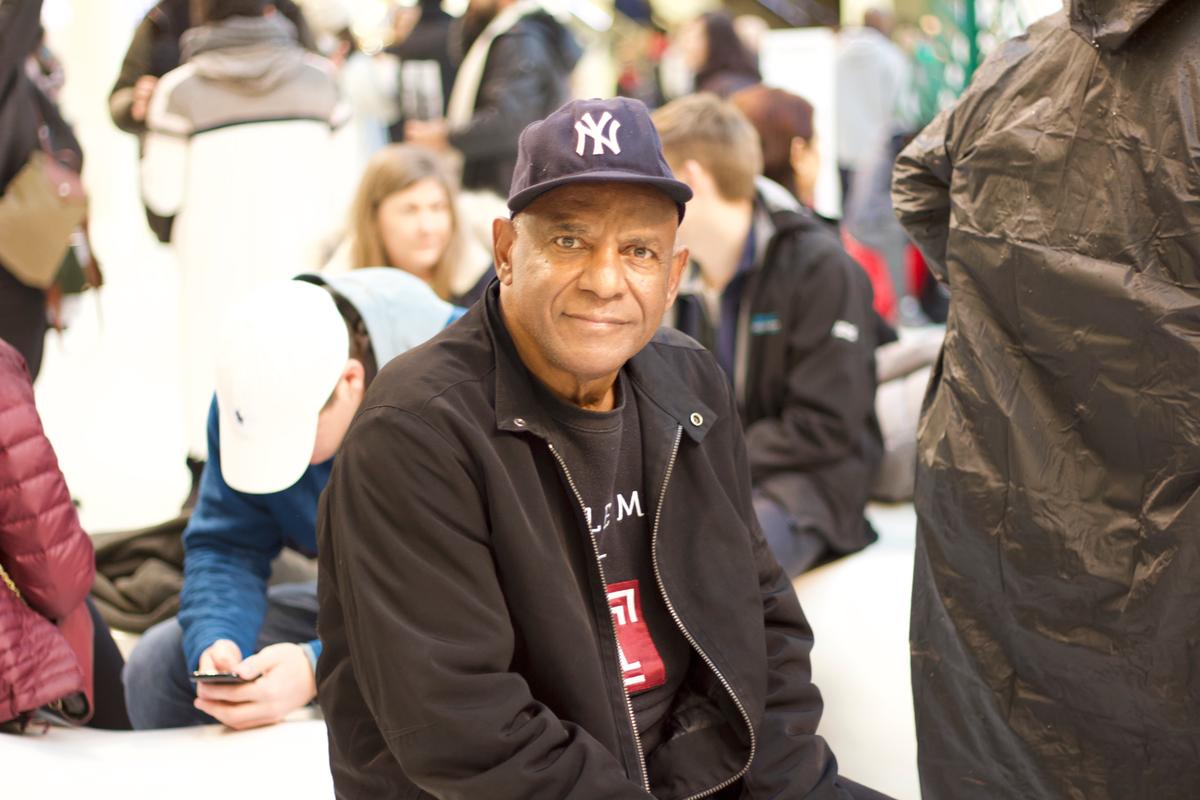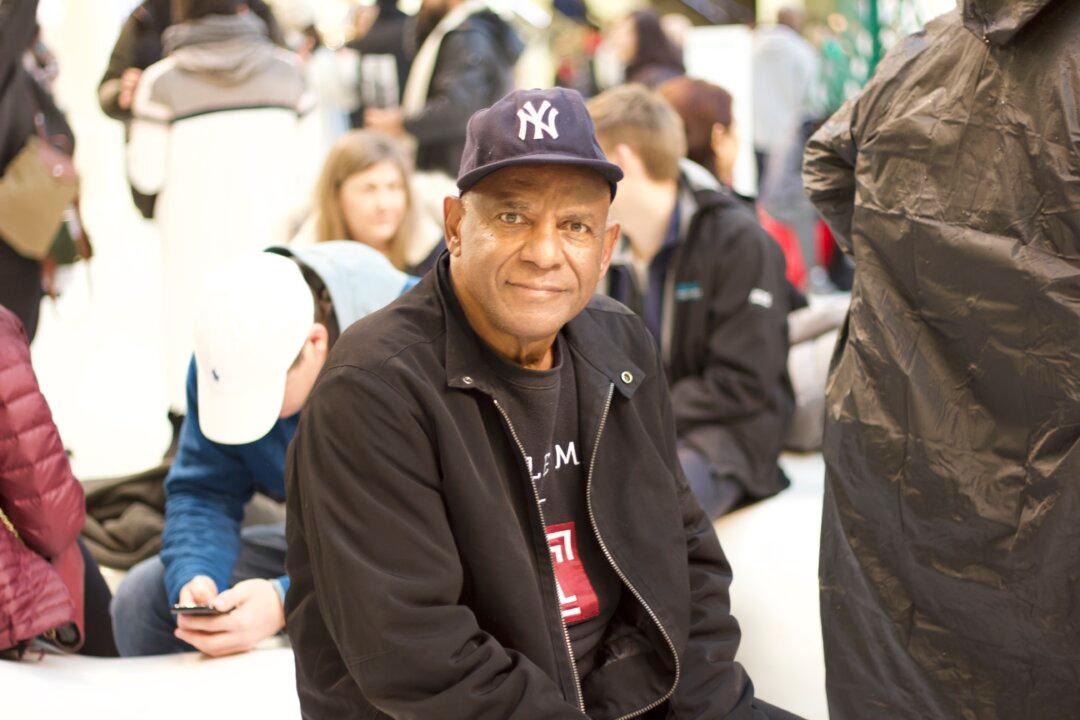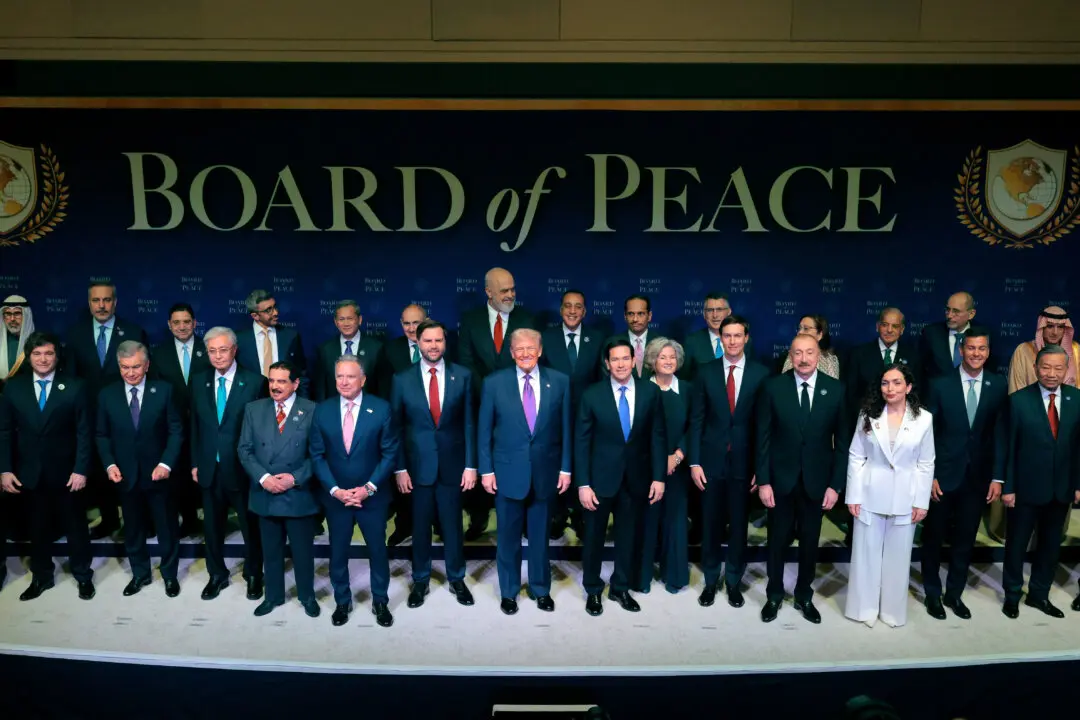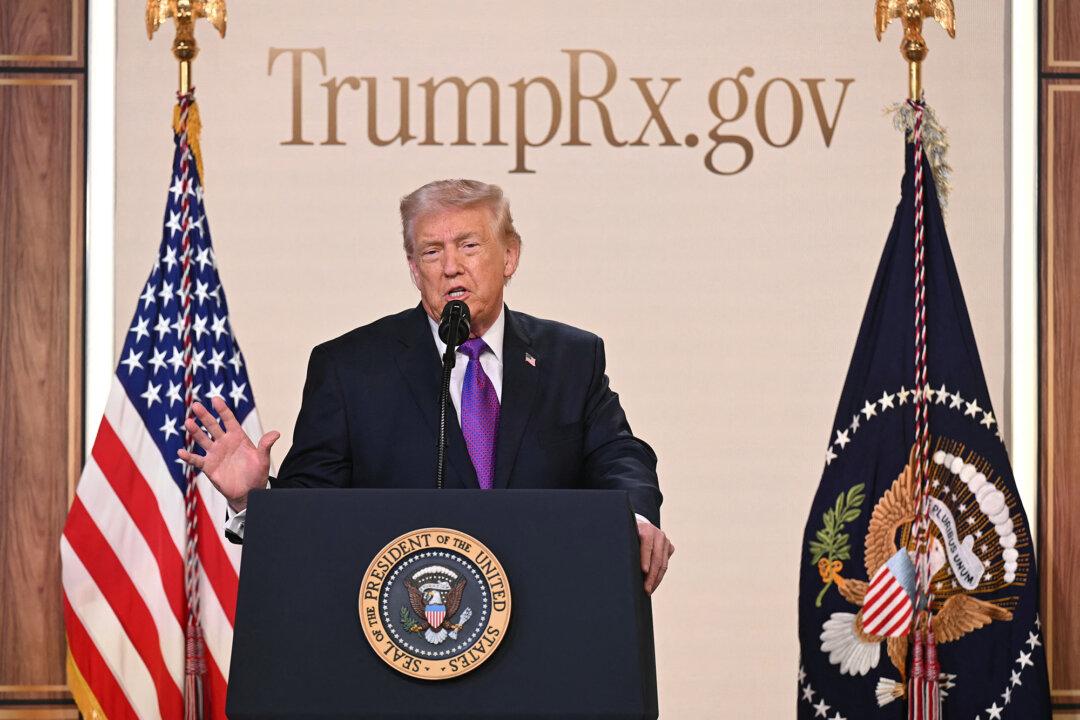The White House has declared victory over the ISIS terrorist group. On Dec. 19, President Donald Trump publicly announced the decision to bring 2,000 troops home from Syria, saying that U.S. troops, who had been there since late 2014, had no other purpose for remaining in the war-torn country. The withdrawal, which fulfills one of the president’s campaign promises, has left mixed opinions. The Epoch Times spoke to New Yorkers and visitors to ask for their opinions on the sensitive subject. Here’s what they had to say:

Juan in New York on Dec. 28, 2018. Stuart Liess/The Epoch Times




